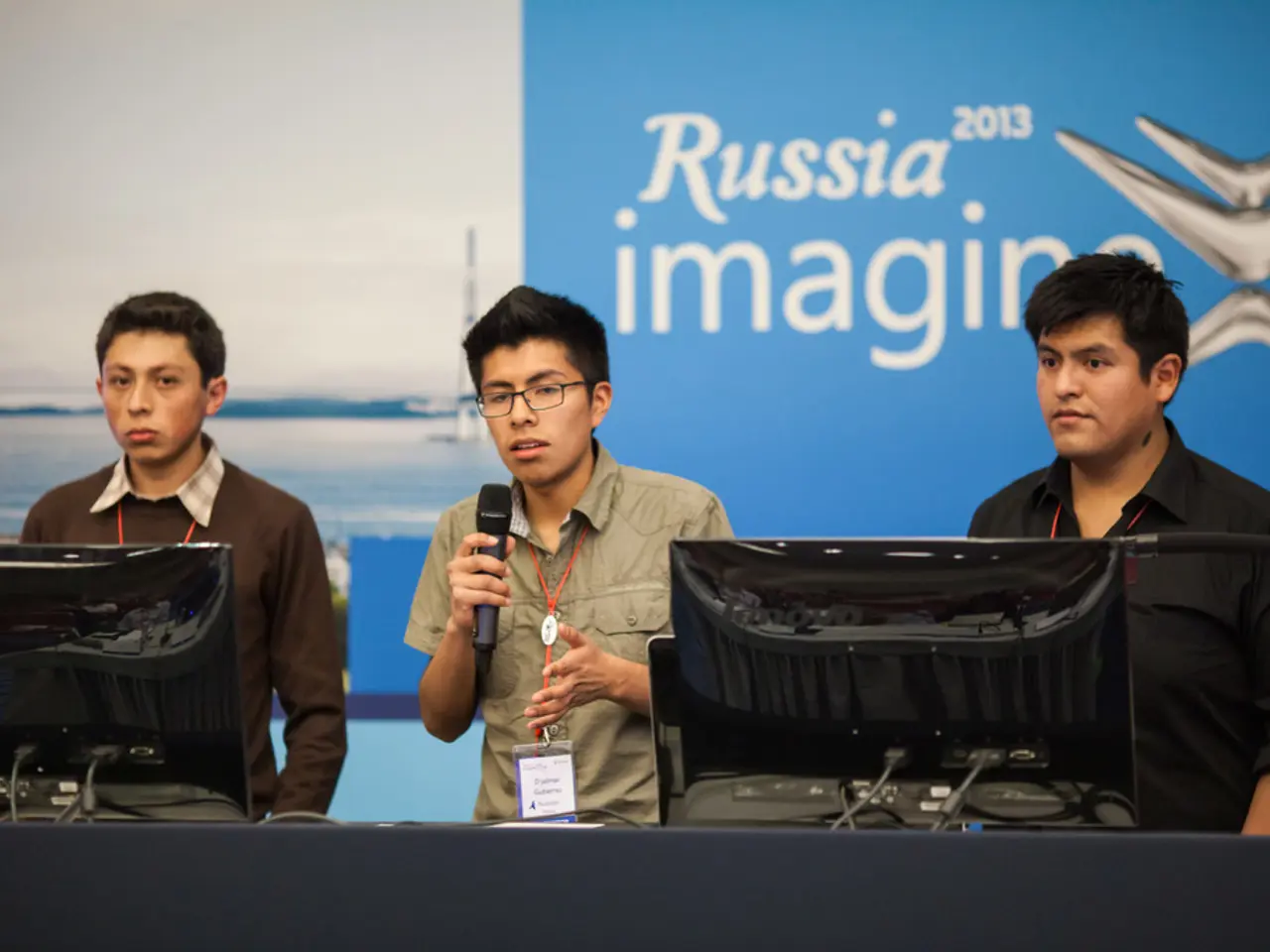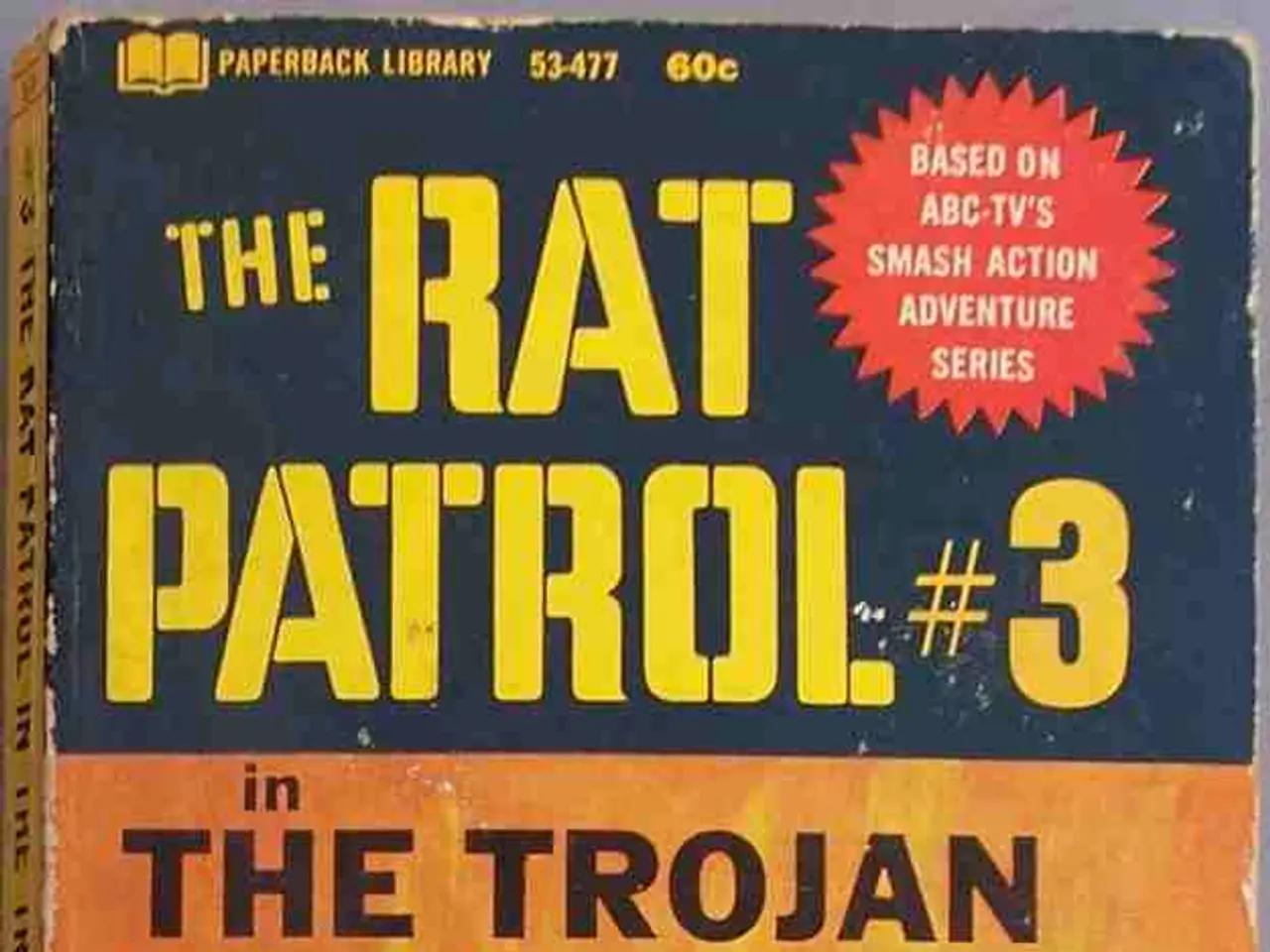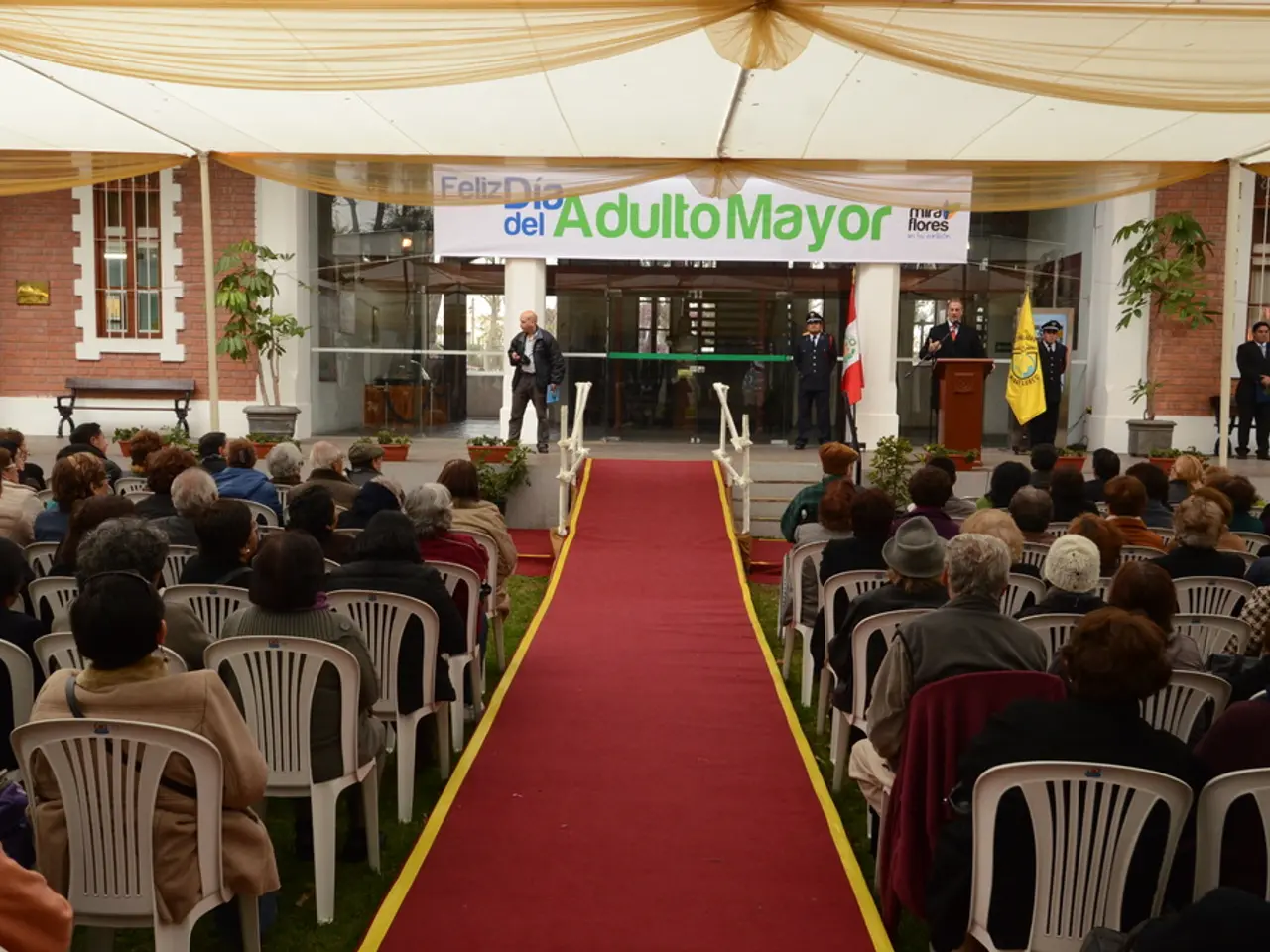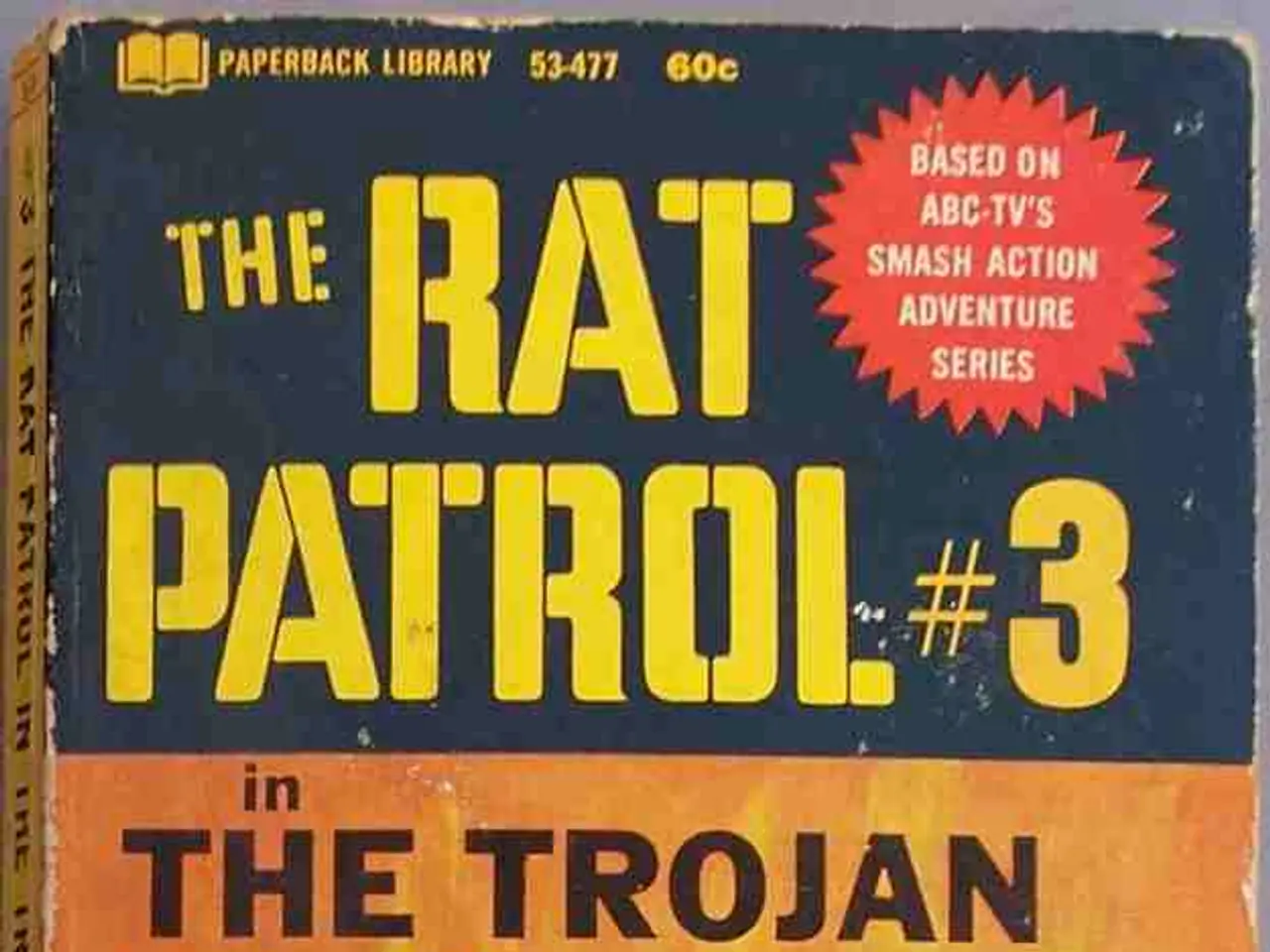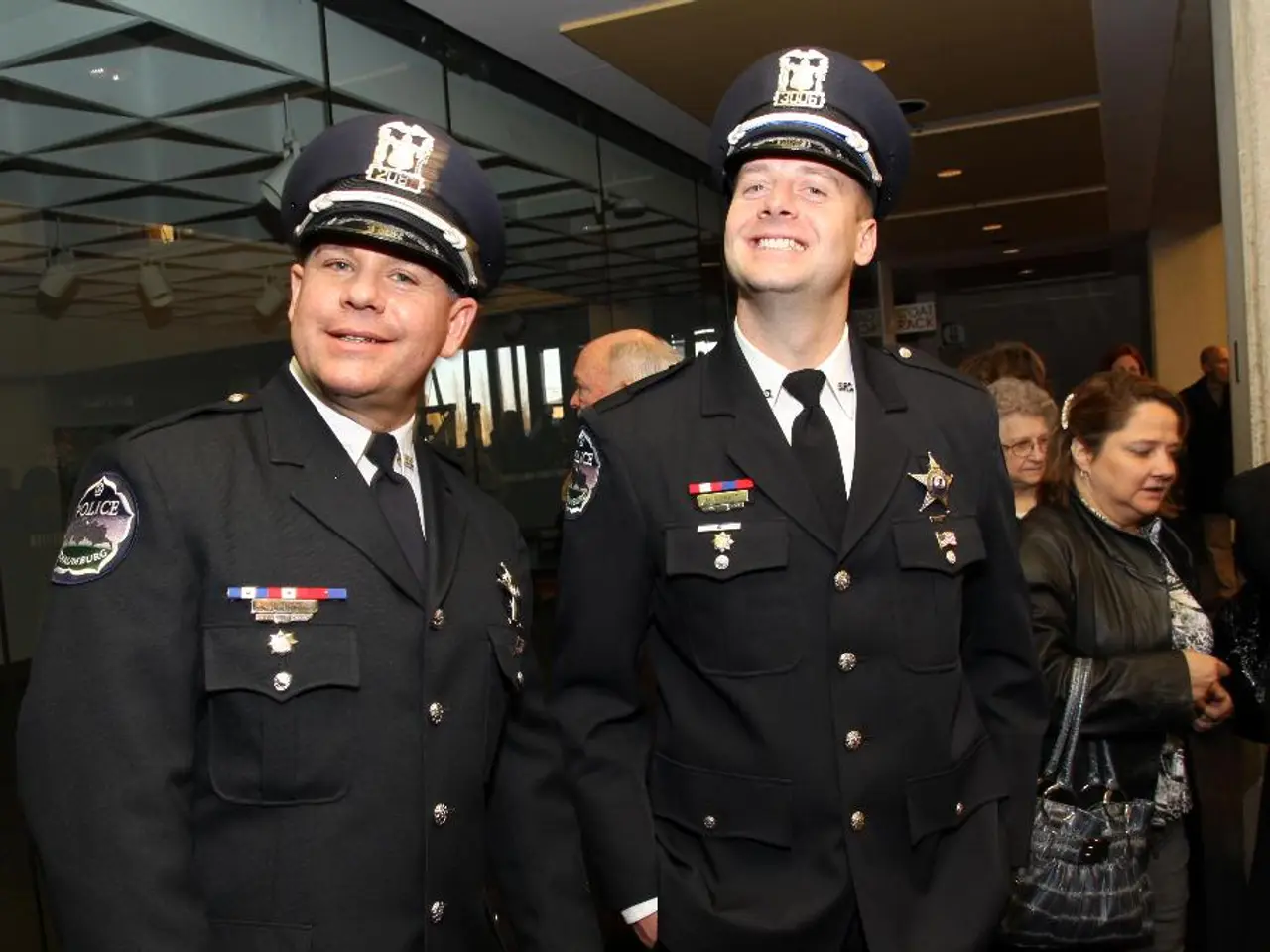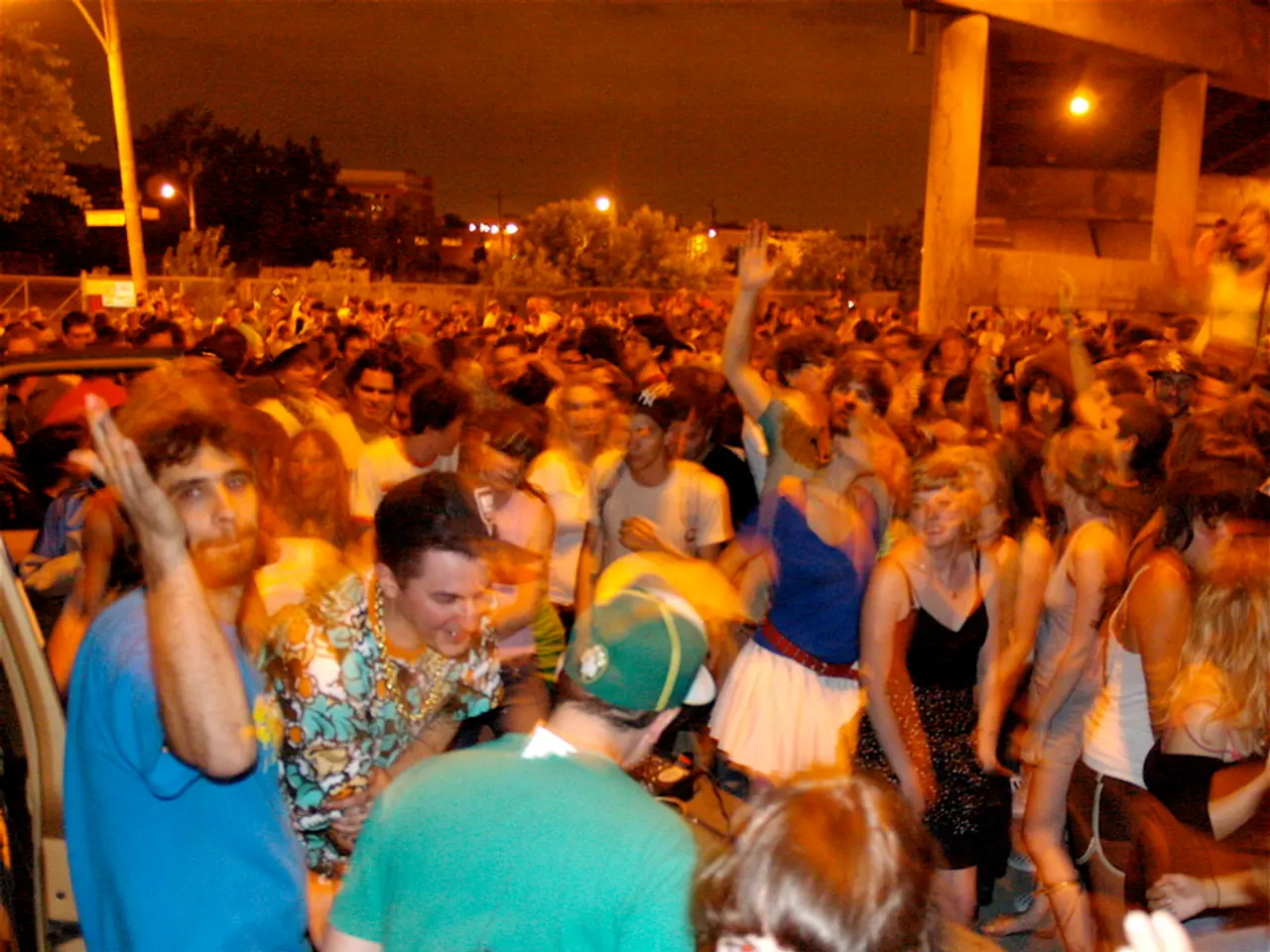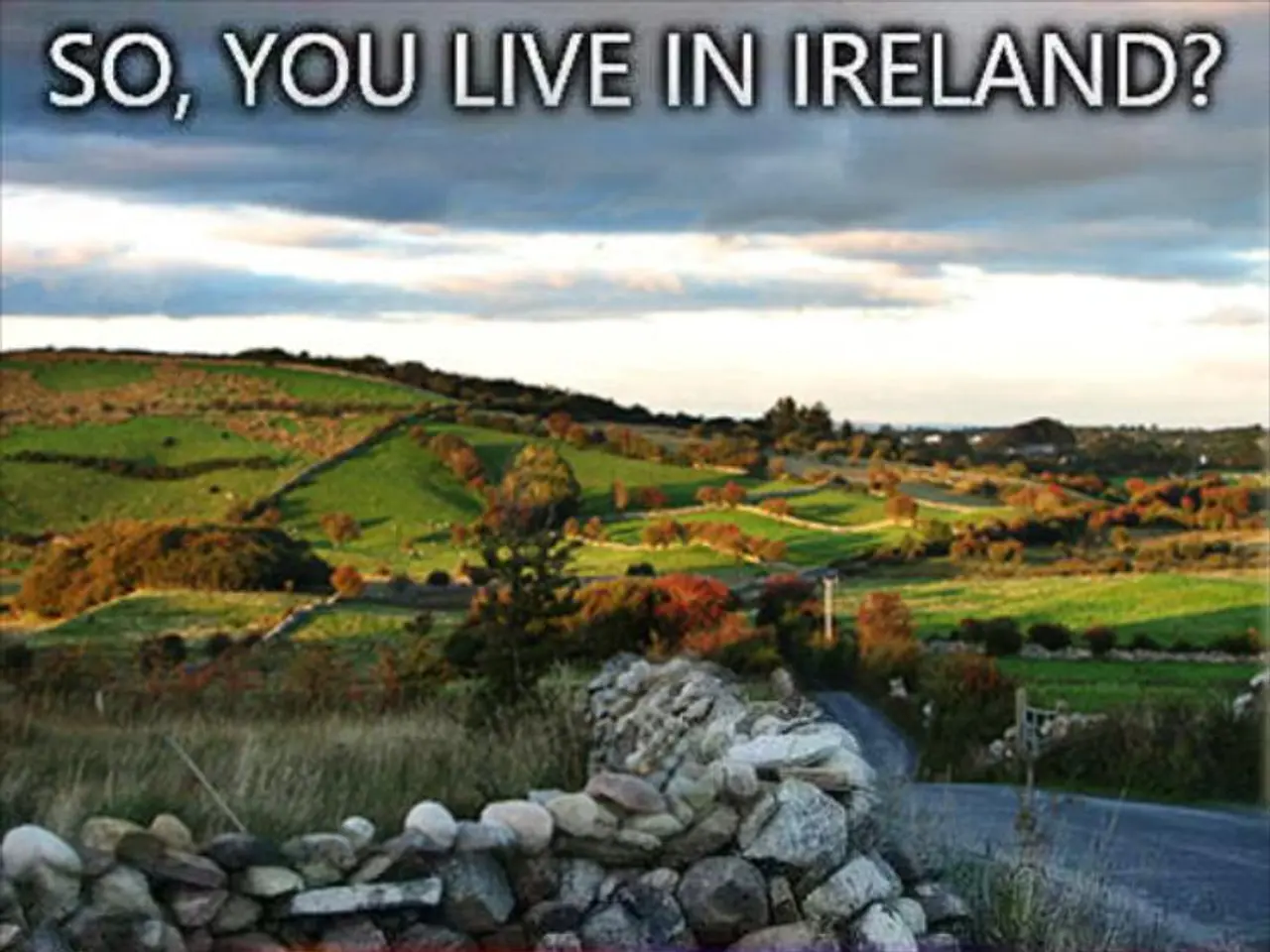Russia's Kremlin voices discontent over Europe and Ukraine, as Kiev undergoes administrative shift
After a series of stalled negotiations, discussions between Russia and Ukraine were revived in 2025, following the presidency of Donald Trump. Despite these renewed efforts, progress has been limited, with both sides holding steadfast to their core demands.
Russia seeks recognition of occupied territories, guarantees that Ukraine will not join NATO, and sanctions relief, while Ukraine demands a full withdrawal of Russian troops, the return of prisoners and kidnapped children, prosecution of Russian leaders for war crimes, and security guarantees.
In recent weeks, there have been reports of limited truces and ongoing negotiations. However, significant progress toward a lasting agreement remains elusive. The Trump administration's approach has been criticized for being inconsistent, shifting between near abandonment and renewed engagement.
The resignation of Rustem Umjerov, Defense Minister and former chief negotiator, is expected to be part of a cabinet reshuffle. While Umjerow is a candidate for the post of Ukrainian Ambassador to Washington, with his family having lived officially in the United States since 2016, his successor in the negotiating role has not yet been announced.
The Kremlin has blamed Brussels and Kiev for the ongoing attack war against Ukraine, which began more than three years ago. The ambassadorial position is key for Ukraine, as the goodwill of the U.S. government is of significant importance.
The new Ukrainian government, to be confirmed as early as Thursday, will be led by Julia Svyrydenko, currently Minister of Economy and Deputy Prime Minister. The ongoing negotiations and the appointment of a new chief negotiator will be critical in determining the future course of relations between Russia and Ukraine.
Meanwhile, Russia has shown no willingness to compromise in the negotiations that have been going on since May. The Kremlin chief, Vladimir Putin, justified the rejection of the ceasefire proposal with fears that Ukraine would use it to rearm and reorganize its troops.
Recent attacks, such as the one involving around 400 drones that injured 15 people, underscore the urgency for a peaceful resolution to the conflict. The international community continues to watch closely, hoping for a breakthrough in the stalemate.
In the ongoing discussions between Russia and Ukraine, both sides have significant demands to address, with Russia seeking recognition of occupied territories, guarantees against NATO membership, sanctions relief, while Ukraine demands a full troop withdrawal, returned prisoners, prosecution of Russian leaders for war crimes, and security guarantees.
The upcoming appointment of a new Ukrainian government, led by Julia Svyrydenko, and the selection of a new chief negotiator, will be crucial in determining the future course of the complex negotiations between Russia and Ukraine, as well as in securing a meaningful resolution to the ongoing conflict.
